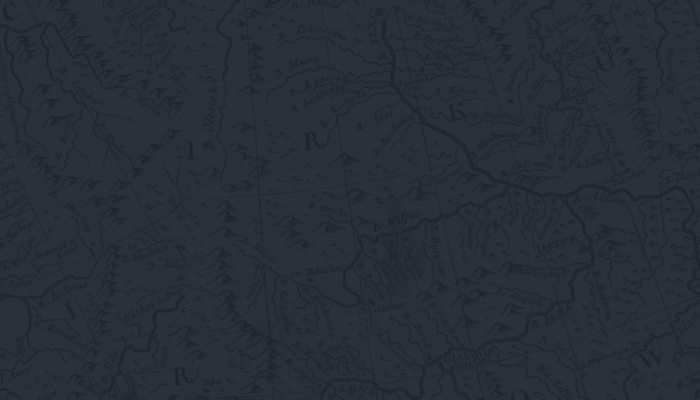Announcing RNI: Building Resilience in Boulder, Colorado

Oct 13, 2014

Resilience is the capacity for a city and all its components to recover quickly from shocks or stresses, such as natural disasters, and to grow and thrive during good times. The ability of citizens and governments to share information about these stresses, shocks, and the responses to them to improve decision making and grow smarter is at the heart the Resilience Network Initiative (RNI): a partnership between Ushahidi and the Rockefeller Foundation. RNI supports cities that are part of the 100 Resilient Cities Challenge with technology and services to lower barriers to exchanging information between individuals, community based organizations (CBO), and government about what is happening where. We’re excited to announce that RNI has begun work in Boulder, Colorado, USA. The city’s commitment to the concept of resilience is long-standing: it was an early adopter of environmental practices such as green building and taxes on carbon emissions. Strong investment in farsighted flood control efforts helped the city survive the devastating floods of September of 2013. Still, the city has faced many challenges: it experienced the state of Colorado’s most financially destructive wildfire in history in 2012 and the effects of the economic downturn are still being felt. As Boulder looks into an era of climate change, it wants to better prepare for the unexpected and improve the ability to respond to whatever comes its way. RNI begins projects by identifying local capacity to understand the challenges they face, and what solutions they’re already developing. Part of Boulder’s resilience capacity can be found in active community-based organizations and volunteer groups, many of whom use technology for social good. Code for Boulder is working hard to create a generation of civic hackers, innovators and disruptors and already has several projects going while the, self identified, data geeks of Analyze Boulder hosts meetups for people to share data and analysis. The city’s chapter of Girl Develop It, has developed a robust training program to empower and assist women interested in getting into and advancing in the tech industry. Other CBO focus on specific issues that affect the city. Boulder Flood Relief, started in response to last year’s floods, provides organizational infrastructure to quickly mobilize volunteers for community disaster relief and recovery. Other valuable resources in Boulder include the University of Colorado’s Project EPIC, which conducts research to support the information needs of the public during times of mass emergency. Boulder’s strong outdoor culture has also created streams of data from citizens pursuing outdoor recreation. Information from the users of apps such as Mountain Project and MTBProject, which provides user-generated information on mountain biking trails and rock climbs, could be connected to city disaster or environmental reporting efforts. RNI will also be working with Boulder’s newly appointed Chief Resilience Officer, who has extensive experience in urban resilience and is excited collaborate with partners throughout Boulder to build on existing tools and strategies and to broaden the city's understanding and ability to respond to the challenges of the future. As RNI works with Boulder to develop a resilience roadmap and move forward we’ll explore how the community and city could benefit from other Ushahidi initiatives, such as:
building a unique pipeline of open civic data, akin to a local version of CrisisNET for the Boulder tech community;
leveraging Ushahidi’s experience with innovation, scaling, and research to host a local version of a Grand Challenge for resilience;
or continuing to improve Ushahidi’s ever-evolving tools to meet the unique challenges that Boulder faces.
It’s clear that Boulder possesses some important resilience capacity and we’re excited to support them in building a support system for their city's resilience.